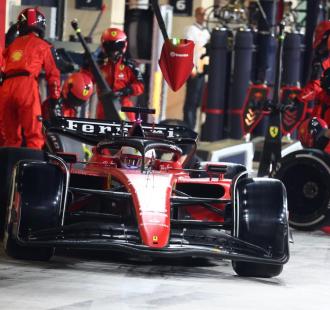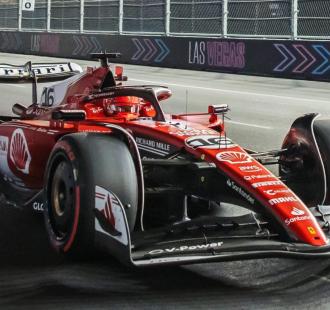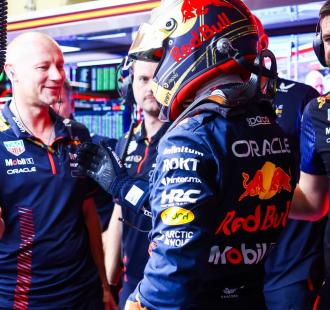
Abolished Italian 'Beckham Rule' could be disadvantage for Ferrari
As of January 1st, Italy's 'Decreto Crescita' law was lifted. Thisgave people who came to live and work in Italy from mid-2019 a bigtax break. Many non-Italian soccer players gratefully tookadvantage of the rule in recent years, and Italian soccer clubsalso benefited from the law. Non-Italian soccer players did nothave to pay tax on the first 50% of their income, the club couldalso pay less to the player, but the player still kept the desirednet income. Therefore, many clubs and players welcomed the law, asit benefited both parties. The law was also known abroad as the"Beckham Rule," named after footballer David Beckham. When thefamous Briton left Man Utd for Real Madrid, a new law wasintroduced in Spain beforehand. This enables people who move toSpain from abroad and start working there to benefit from specialtax arrangements, provided they are seen as having extraordinarytalent. Beckham was seen as a person with extraordinary talent whowould bring a lot of extra value to the country. Italy's DecretoCrescita law, introduced in mid-2019, was a bit different but wascompared to the Beckham law given the great benefit it provided tofootballers. Five years later, the Decreto Crescita law has expiredin Italy after a new cabinet came to power in late 2022. Theyagreed the law did not bring any benefit to the country, causing itto lapse at the beginning of 2024. This might come as adisappointment for Ferrari, which is in the process of bringing inpersonnel for their F1 team in Maranello - many of whom workabroad. The lucrative terms meant that workers who came to live inItaly from abroad from mid-2019 and went to work for an Italiancompany paid no tax on their first 70 to 90 per-cent of income. Theproblem with Ferrari The engineers that Ferrari hoped to bring infrom abroad, or rather, take away from other F1 teams are basedmainly in Britain and can no longer benefit from the tax break.Ferrari loses an interesting advantage for convincing personnelfrom abroad to make the move to Maranello. It's a setback for theteam, which would have taken relatively few personnel away fromother teams in recent years. Many engineers do not want to make themove to Italy, finding it too big a change from their livescompared to Britain. This is compounded by the issue arisingthrough the cost cap, whereby personnel are leaving teams for jobsin other sectors. Teams cannot always offer the competitivesalaries that engineers at companies outside F1 can earn,therefore, there are engineers who are saying an early goodbye withan eye on their own careers. Teams, together with the FIA and F1,are looking at ways to adjust the cost cap. After all, you don'twant to lose your best people to another sector outside ofmotorsport. That was not the idea behind introducing the cost capand, thus, trying to create a level playing field for the teams.Incidentally, that level playing field is still not there, as teamsbased outside Britain have to deal with different tax rules andaverage salaries in their countries. There are advantages anddisadvantages to that, for both teams based in Britain and outsideBritain. One will have to look closely at how to make the costcapas fair as possible, but at the same time, how to keep the industry(financially) competitive across the board.


